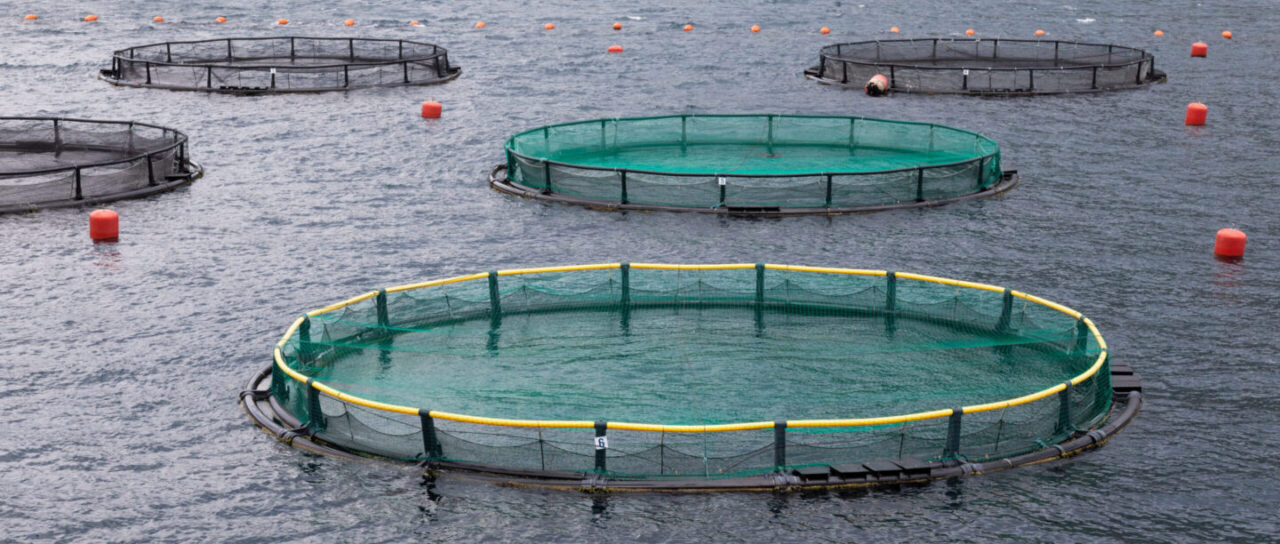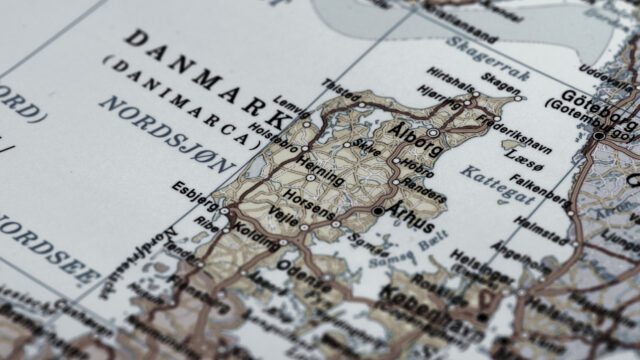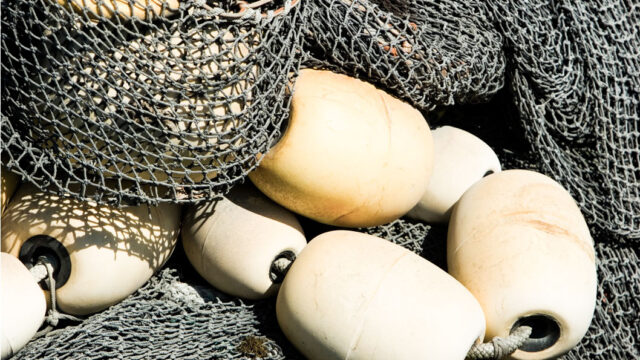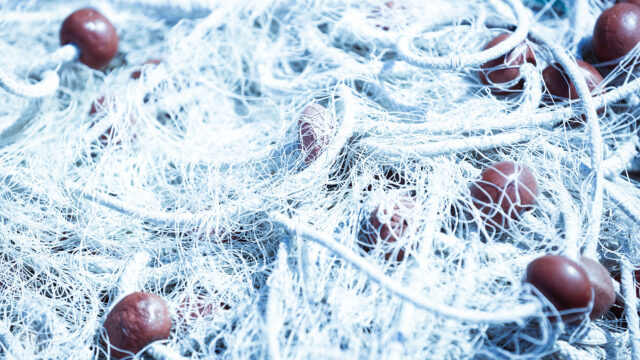
Special for fishing gear
Fishing gear made of plastic is subject to producer responsibility and responsibility for cleaning up litter. This area is regulated through the EU provisions on certain single-use plastic products and an implementing decision establishing a reporting format for fishing gear. Registration must be completed in the DPA producer register no later than 31 May 2024.

Allocation
Allocation published
The allocation for fishing gear has been published and is valid for the period 31 December 2024 to 30 September 2026. The allocation describes which producers of profesional fishing gear obligated to collect fishing gear waste at which harbours.
Allocation for fishing gear 2024 – Excel
Consultation
Consultation draft Statutory Order on fishing gear
Producers putting fishing gear containing plastic on the market are covered by the rules on producer responsibility. Existing producers and importers must register with DPA from 1 April and no later than 1 June 2024. The requirement for clean-up, take-back, and environmental treatment of end-of-life fishing gear made of plastic applies from 31 December 2024.
See the draft on the consultation portal (in Danish) Consultation ended on 8. February 2024.Background and purpose
Ghost fishing
Fishing gear made of plastic, including nets, lines, and buoys makes up 27% of all littered waste in oceans and on beaches, which corresponds to more than 11,000 tonnes a year (cf. EU Commission’s Fact Sheet on the Single-Use Plastics Directive). Lost fishing gear continues for years to catch fish and other marine animals – to no avail. This is called ghost fishing. In addition, marine mammals and diving birds risk becoming trapped, thus drowning in fishing gear that floats around or lies on the seabed. Lost fishing gear causes ghost fishing and pollution with microplastics that considerably damage biodiversity and the marine environment.
Since the recycling potential is large, it is desirable to have these plastics collected to protect the environment and boost circular processes. Producers and importers will now become subject to financing clean-up, collection, and disposal of lost fishing gear as well as to contributing to public information campaigns.
Producers pay for clean-up, not the fishermen
Concretely, the producer responsibility means that companies putting fishing gear on the market that will be subject to waste management in Denmark must be held financially and organisationally responsible to meet this purpose.
What types of fishing?
A distinction is made between the different categories of fishing gear depending on its use. Fishing gear used in connection with the following is subject to producer responsibility and is categorised as follows:
- Commercial fishing gear
- Other fishing gear
Which fishing gear?
According to the draft Statutory Order in-scope fishing gear containing plastic is defined as:
Any item or piece of equipment that is used in fishing or aquaculture to target, capture or rear marine biological resources or that is floating on the sea surface, and is deployed with the objective of attracting and capturing or of rearing such marine biological resources.
While we are waiting for the Statutory Order
The EU Commission has published a number of background reports and guidelines regarding fishing gear and plastic pollution.

Single-use plastic products
Collection targets for end-of-life fishing gear
In general, all Member States must ensure the implementation of producer responsibility and responsibility for cleaning up litter for all persons handling fishing gear made of plastic. All Member States must attain certain environmental targets for the collection of end-of-life fishing gear. Therefore, no later than 31 December 2024, all Member States with marine areas must set out a national minimum target for the annual collection of end-of-life plastic fishing gear. The purpose is to set out binding quantitative EU targets for collection.
Article 8(8) of the Single-Use Plastics DirectiveReporting of fishing gear made of plastic put on the market and collected
In an implementation decision, the EU Commission has set out a registration format to be used by in-scope companies in all EU countries. This means that annual quantities of fishing gear put on the market and collected end-of-life fishing gear must be reported in defined categories with material-based sub-groups.
Source: The EU Commission’s implementing decision no. 2021/958 of 31 May 2021
Shortcuts
About registration
See how to register as a producer or an importer in the producer register
Read about tobacco filters
Read about cigarette filters and tobacco product filters subject to producer responsibility for single-use plastic products
Economy and fees
See current fees for products subject to producer responsibility
Single-use plastic - legislation
See the statutory basis for producer responsibility for tobacco product filters (single-use plastic products)
Single-use plastic - product scoping
See which types of single-use plastic products are in scope and check out the exemptions (scoping).
Single-use plastic - marking
Read more about marking requirements for single-use plastic products
Et skodfrit Danmark (Denmark without cigarette butts)
See campaign from the Ministry of Environment against cigarette filters littering (in Danish)
European registers
Find producer registers in other EU countries